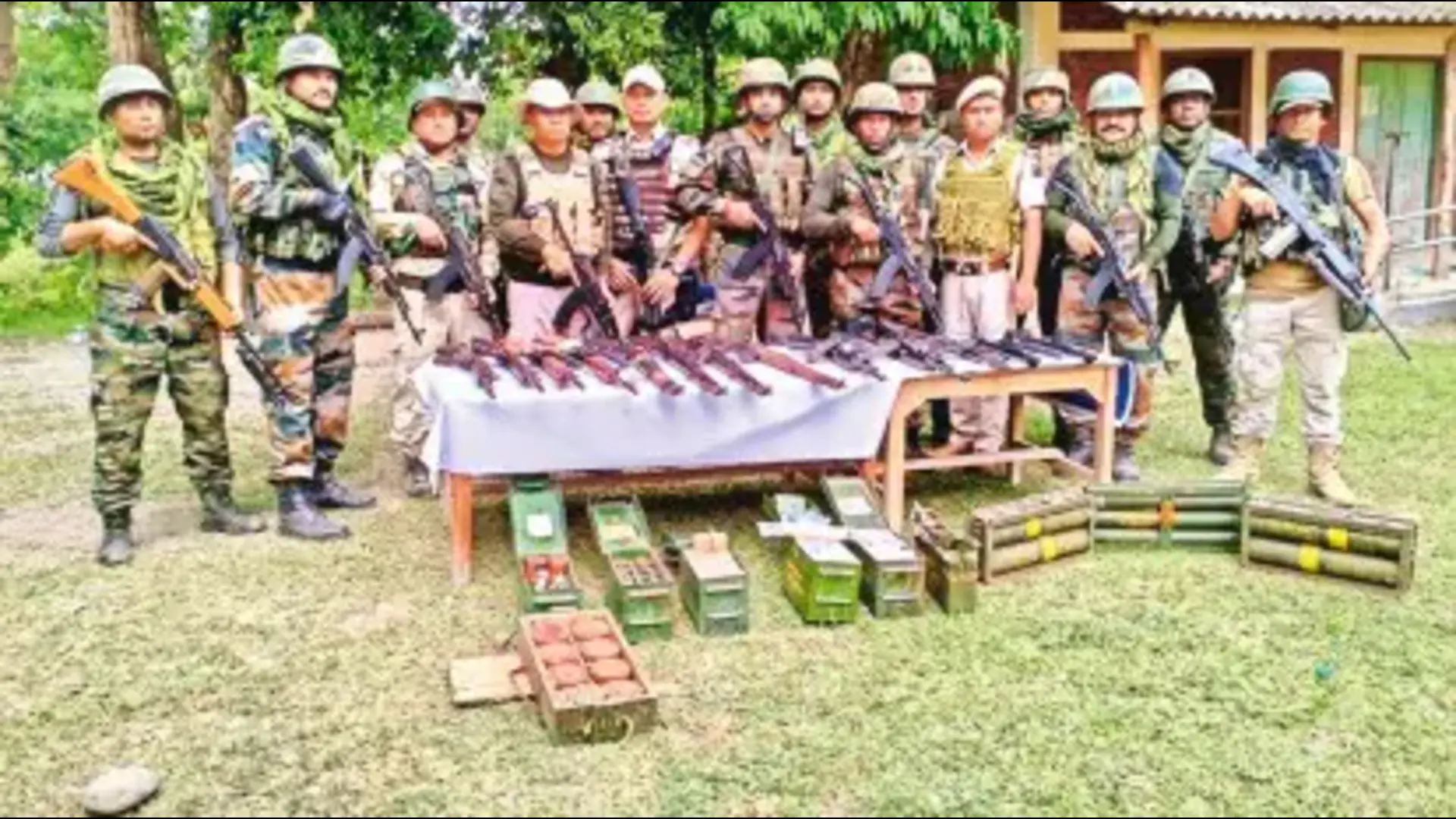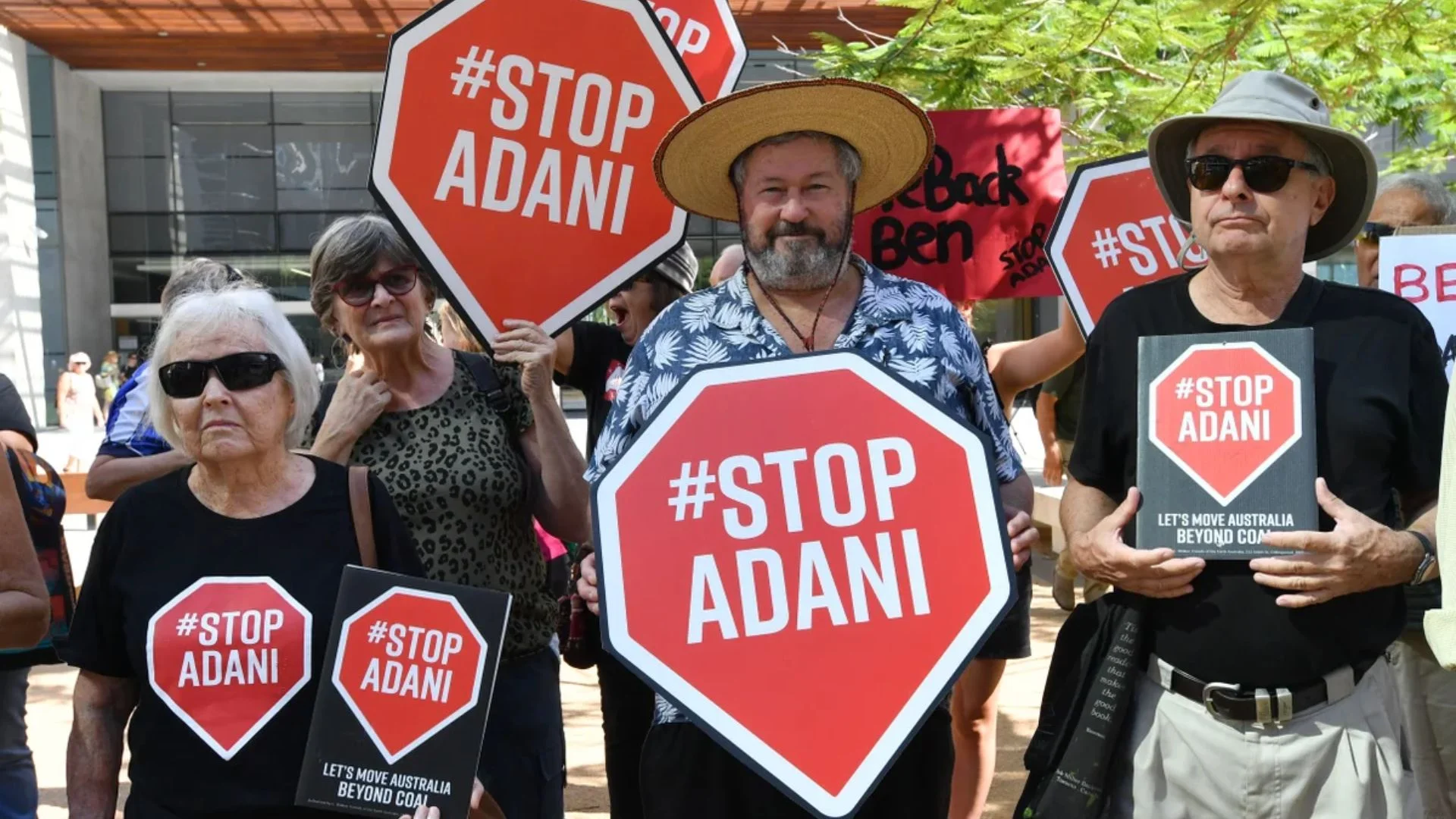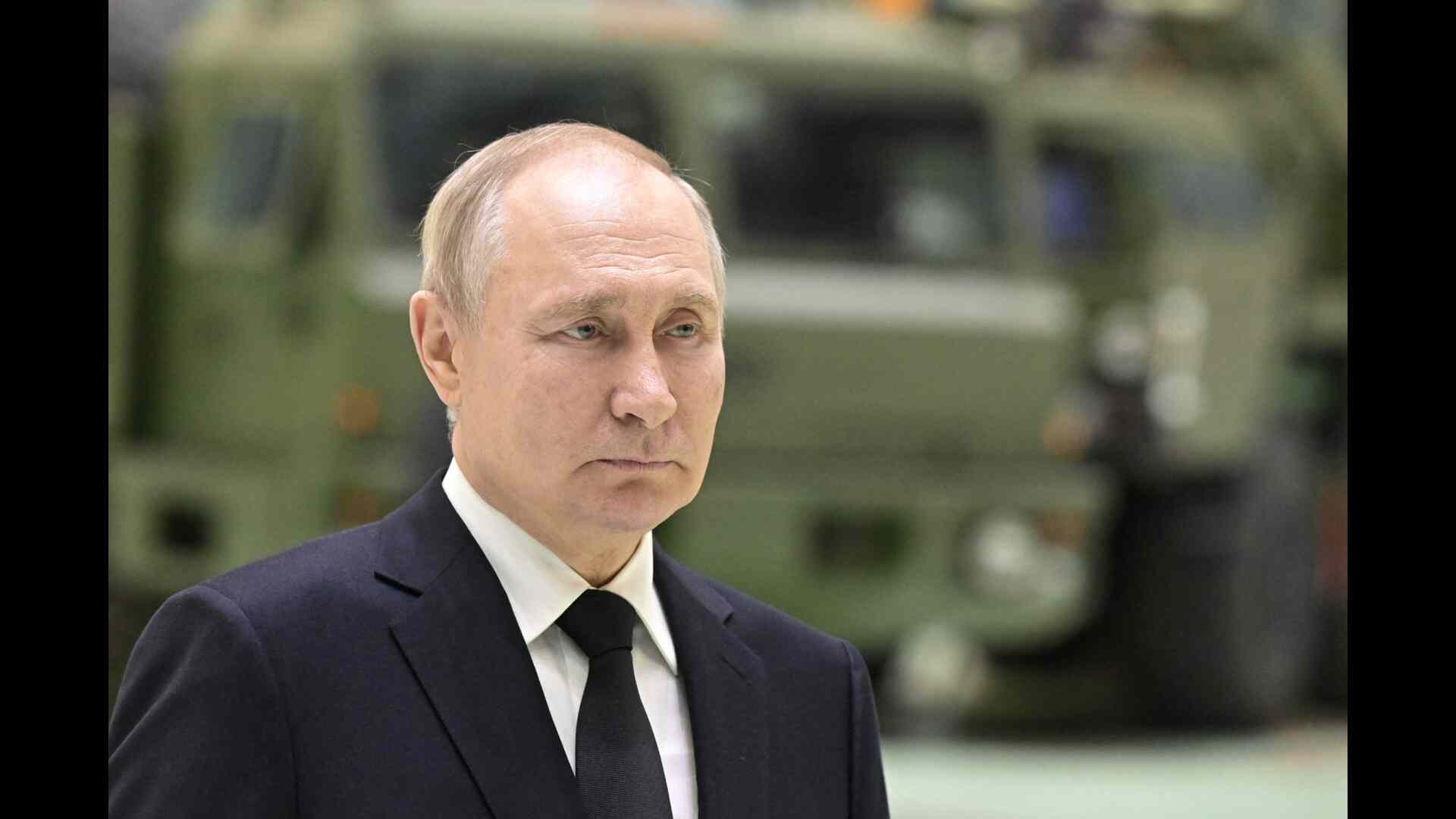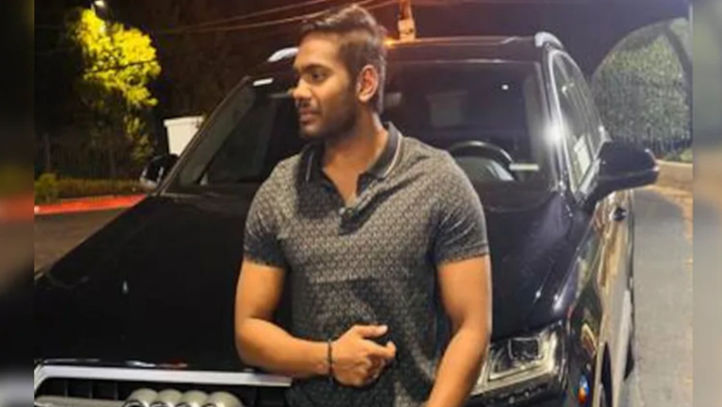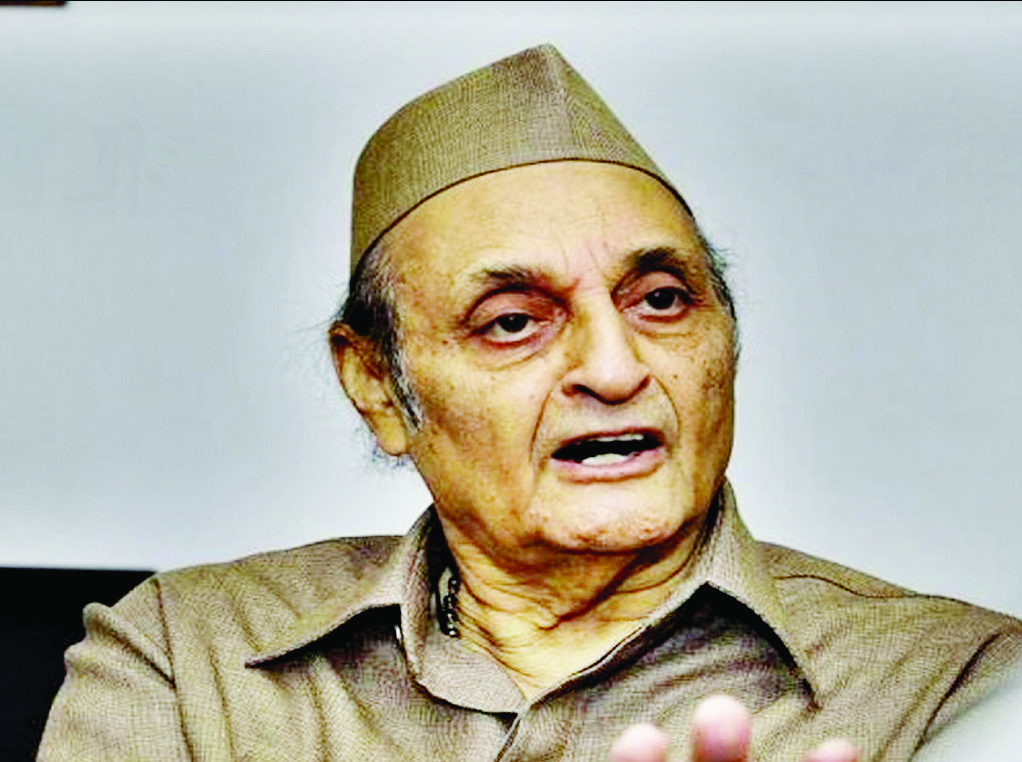
Veteran Congress leader Karan Singh has remarked that Omar Abdullah made a “mistake” by contesting the Lok Sabha polls from Baramulla instead of Srinagar, which has long been a National Conference stronghold and was successfully retained by its candidate, Aga Ruhullah Mehdi.
“Omar Abdullah would have been an asset in Parliament had he won,” said Singh, 93, during an interview with PTI. Singh described Engineer Rashid’s dramatic victory in Baramulla, where he won by over two lakh votes despite being jailed under the UAPA and contesting as an Independent. Rashid’s win, according to Singh, indicates public dissatisfaction with the BJP.
Reflecting on his own political misstep, Singh said, “Omar made the same mistake that I did by moving from Udhampur (Lok Sabha seat) to Jammu. He moved from Srinagar to Baramulla. He should not have done that. He should have fought from Srinagar. We needed him in Parliament.”
Singh, the son of the last Dogra ruler of Kashmir Maharaja Hari Singh, also addressed the implications of Rashid’s electoral success. “The fact that he won from jail sends a message that people are not entirely happy with the existing party (the BJP at the Centre).” Calling for the restoration of statehood and the conduction of assembly elections in J&K, Singh highlighted the drastic changes in the region since the abrogation of Article 370 in 2019.
“Today’s Jammu and Kashmir is totally different from that of the Maharaja’s. Not only that, but now as a Union Territory, we are even junior to states like Haryana, Himachal Pradesh, and Uttarakhand, which is really not acceptable.” Singh underscored the need for environmental reforms and the establishment of necessary facilities to ensure a harmonious living environment. He also praised the Congress for its performance in the Lok Sabha polls, emphasizing the emergence of the INDIA bloc alliance. “What happened in Uttar Pradesh in the recently concluded Lok Sabha polls?
The collaboration between the Samajwadi Party and the Congress ended up in getting a majority of seats.”
Reflecting on the historical context, Singh commented on National Conference founder Sheikh Abdullah’s leadership and its impact. “Sheikh Abdullah, during his rule, took discriminatory and radical decisions including land reforms. He was a Kashmiri leader who was not able to convert that leadership even into Jammu or Ladakh or anywhere else.”
Singh also addressed the ongoing issues of terrorism and communal division, especially in the Jammu region. “The biggest threat of course is terrorism and any kind of communal division within the state. That is to be avoided at all costs.”
Expressing concern over recent terror incidents in Reasi, Kathua, and Doda, Singh highlighted the need to thwart the designs of those seeking to create communal strife. “Ten people, including seven pilgrims on a bus, were killed and scores injured in four terror incidents this month.”
Despite these challenges, Singh remains optimistic about the future of Jammu and Kashmir. “It is a composite state; a mix of Gilgitis, Ladakhis, Kashmiris, Gujjars, Punjabi Muslims, and Dogras. More or less, in 100 years of Dogra rule, we were able to maintain harmony and peace in the state.”
Singh concluded by reiterating the historical significance and unity of Jammu and Kashmir, emphasizing that it remains a Dogra state despite its current status as a Union Territory.
